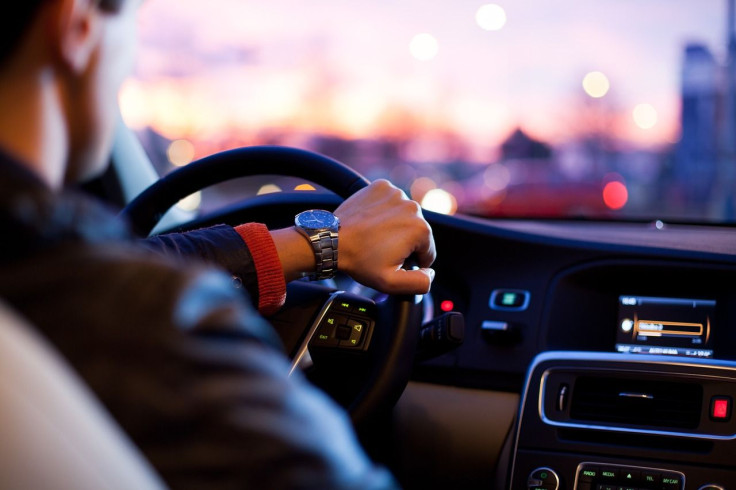Driving After A Concussion Not A Wise Decision, Study Warns

KEY POINTS
- Many people suffer from a concussion and drive again once symptoms are resolved
- A new preliminary study suggests this must be avoided
- The reaction time of drivers who had a concussion is slower compared to those without injury
Drivers who suffered from a concussion must resist the temptation to drive again as a study suggests that doing so may not be safe.
Researchers from the University of Georgia analyzed the effect of a concussion on a driver's skills and found that it could affect the driver's reaction time, U.S. News & World Report stated.
Julianne Schmidt, one of the researchers, noted that people who suffered from concussions would normally have slower reaction times. They also do poorly on tests that demand thinking skills as compared to their counterparts who did not experience any concussion.
Accordingly, the body's ability to respond to split-second stimuli is affected after a concussion. Schmidt noted that the results of their study showed that complex driving skills that require a quick reaction time are among those that take long to be restored. This is still prevalent even if the other symptoms of a concussion have already faded or regained.
The preliminary study conducted by Schmidt and colleagues, presented during a virtual meeting of the American Academy of Neurology's Sports Concussion Virtual Conference from July 31 to Aug. 1, observed 28 college students, with an average age of 20 years old. Half of the group had a concussion and the other half had none. To measure how well they can drive and make relative comparisons, the participants were tasked to undergo a simulated driving reaction time test. They were also made to take a computerized mental acuity test.
The group with the concussion took the tests 48 hours after they no longer experienced any symptom. This no-symptom stage came 16 days after they had the injury.
Researchers then compared the reaction time between the two groups. They found that at a stoplight, those who had a concussion took 0.24 seconds longer to react. This time difference translates to almost 15.6 feet in "stopping distance."
In the virtual simulation where the researchers used an image of a child running in front of the vehicle, they found that the concussion group's response was slower by 0.06 seconds. While this may not be that long in real-time, it actually translates to a 3.3 feet stopping distance, enough to save or spare a life that inadvertently darts in front of a running car.
In both tests, the drivers who suffered from concussions had slower reaction times. Those in the "normal" group fared well. The difference in reaction time between the two groups came down at an average of almost one second.
Schmidt narrated in an academy news release that generally, once concussion symptoms resolve, drivers' reaction time usually becomes "normal." However, the tests they conducted showed a distinct difference.
Since the results of Schmidt's research were presented in meetings, their findings are still deemed preliminary pending peer-review. Thereafter, the next step would be the publication of the study in a medical journal.
© Copyright IBTimes 2025. All rights reserved.





















